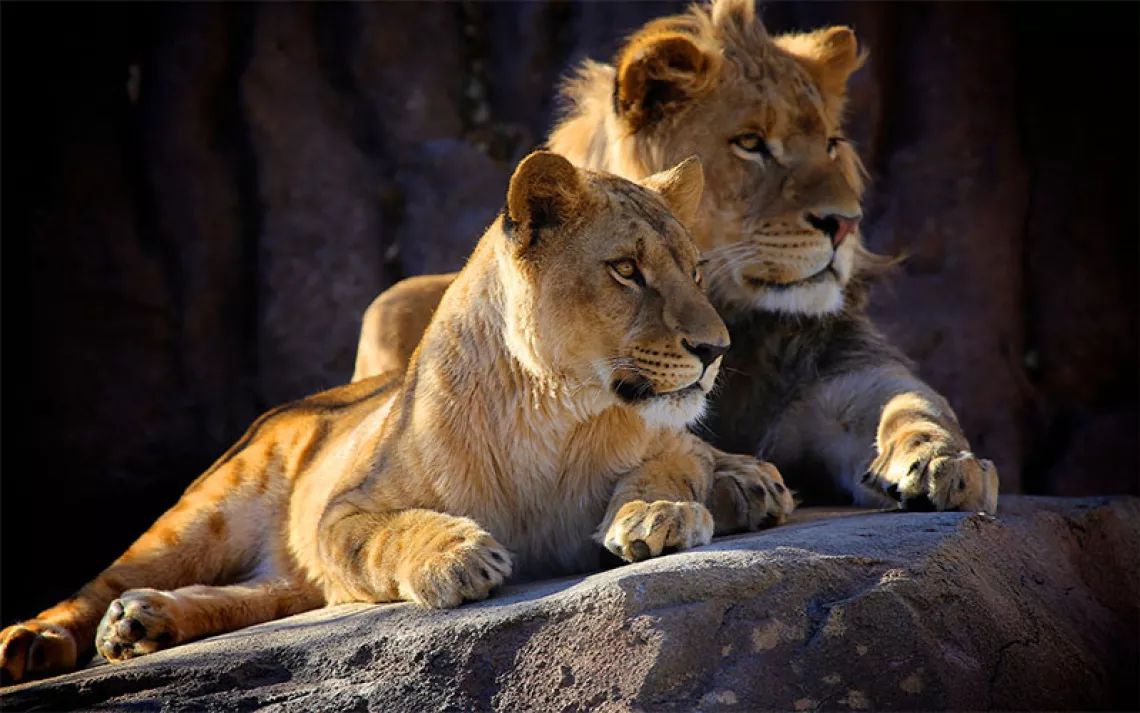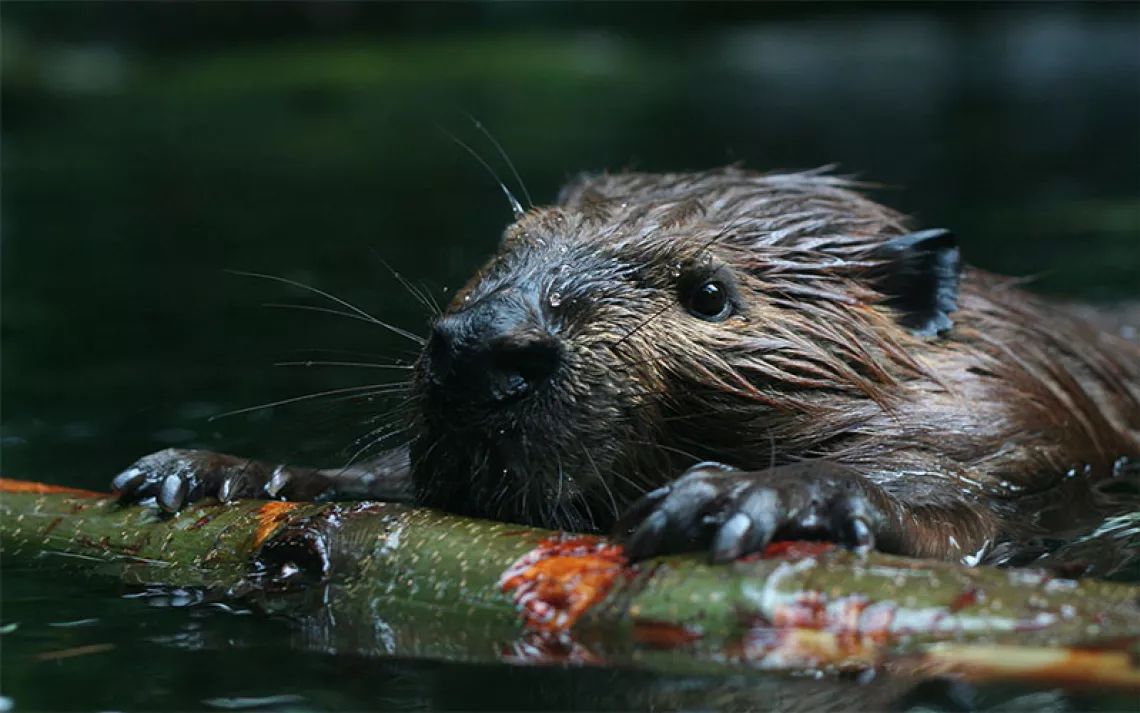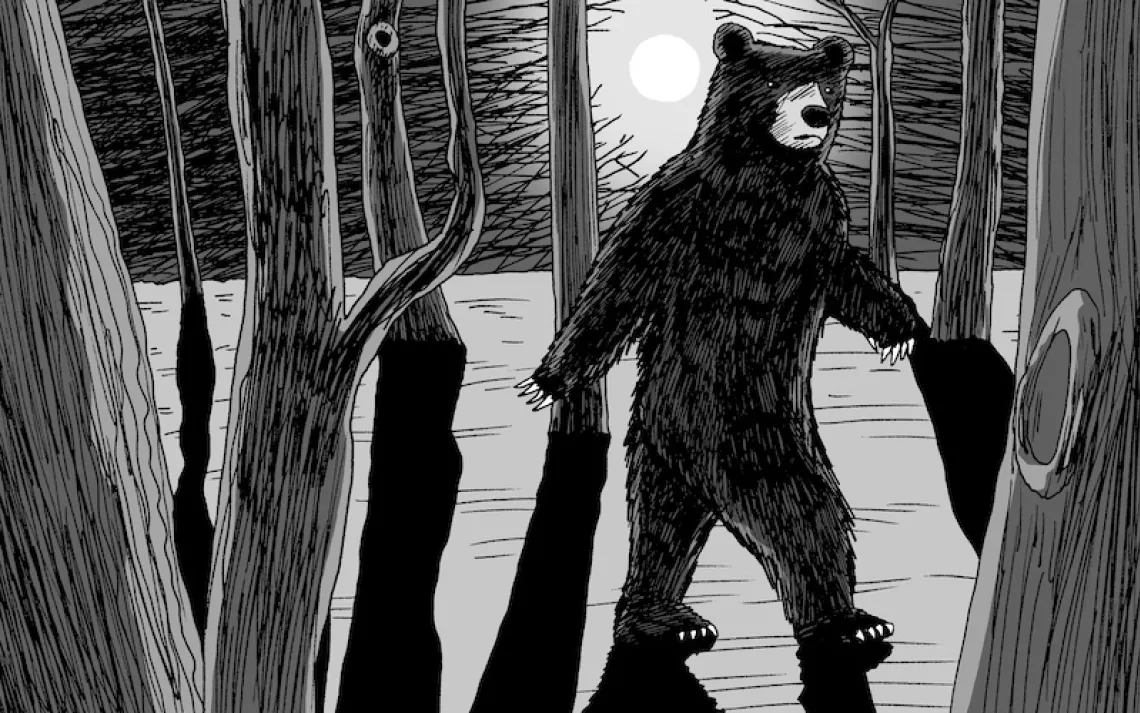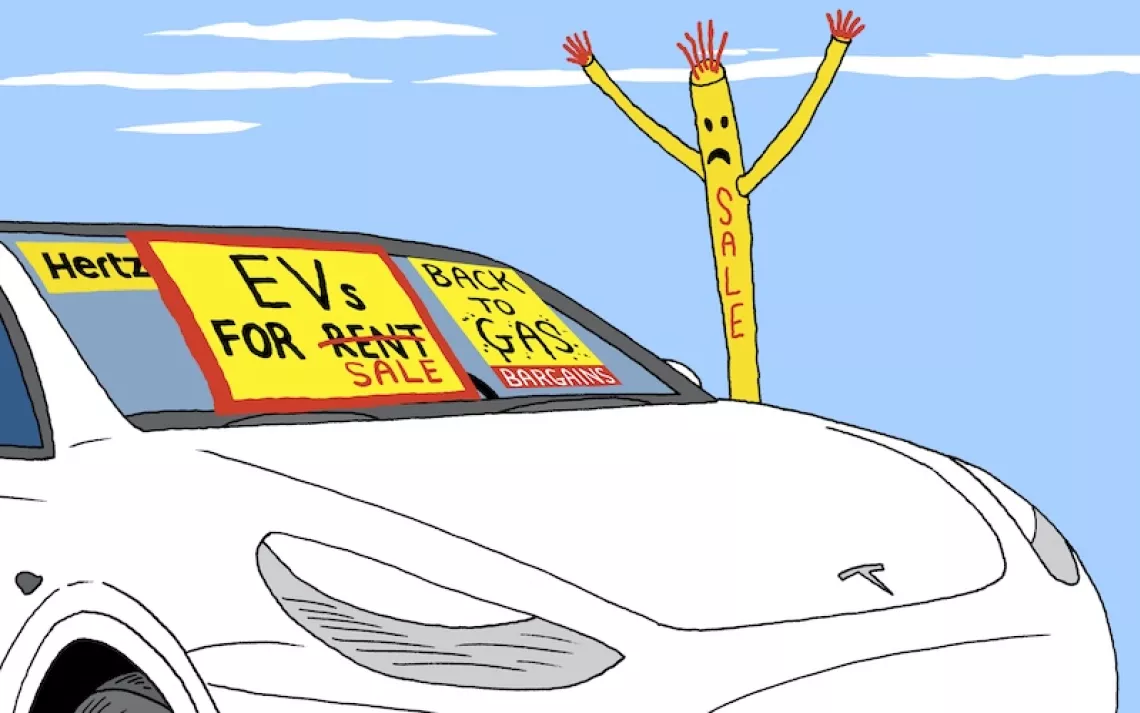Temple Grandin
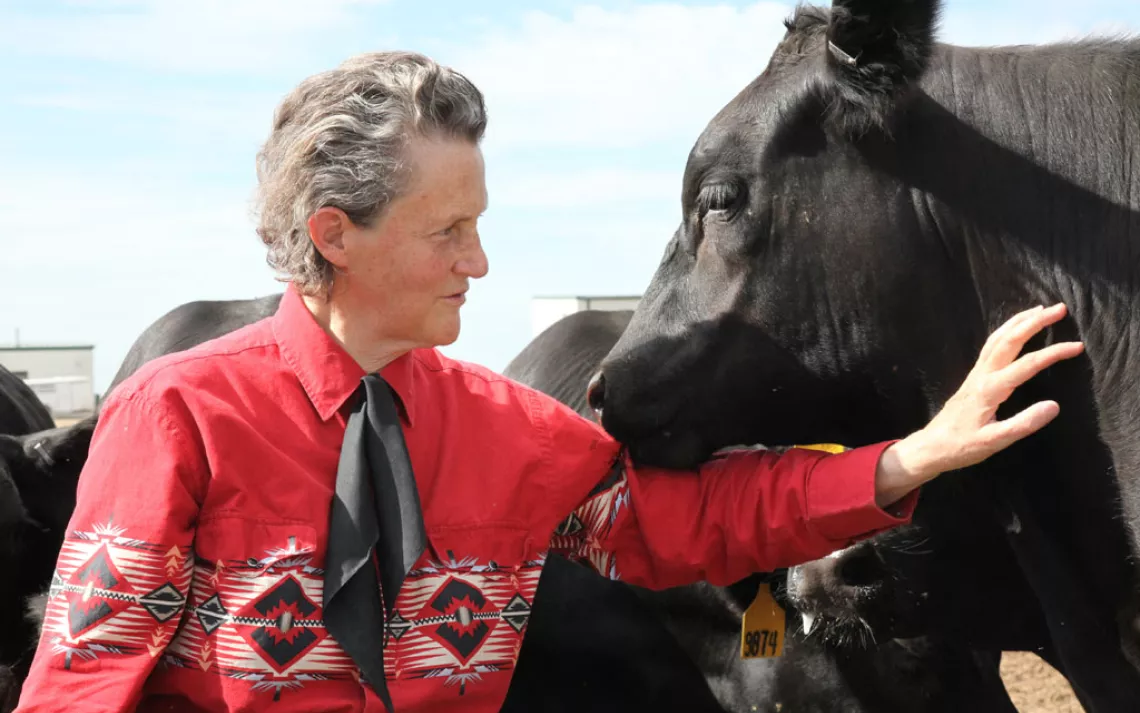
Temple Grandin, animal scientist, author, and activist. | Photo by Rosalie Winard
Temple Grandin was diagnosed with autism as a toddler. She struggled in school until she met Bill Carlock, a high school science teacher who revolutionized her thinking. As an adult, she, in turn, revolutionized the design of slaughterhouses to make sure animals are relaxed and treated well before they're killed. Grandin, now an animal science professor at Colorado State University and the author of many books, including Animals in Translation (Harcourt, 2006) and The Autistic Brain (Houghton Mifflin Harcourt, 2013), is also the subject of an eponymous Emmy-winning HBO movie. We spoke with Grandin to find out how she views the meat industry today.
Q: What environmental suggestions do you make to improve cattle ranches?
A: One of the most important things you can do is really work on your grazing management programs. Rotate the grazing right, and then you can actually stimulate grass growth for the ranch and sequester more carbon.
Q: Have you worked with organic cattle ranches?
A: Yes. [Organic farming] doesn't give all the answers. Big agriculture and organic agriculture can learn from each other. Sometimes you need a little artificial fertilizer. Then there are things like crop rotation that the big farms can learn from the organic ones.
Q: You eat meat. How do you reconcile that with your love for animals?
A: Most of these cattle wouldn't even be born if people didn't eat meat. I feel strongly that we give animals a life worth living. And when it's time, a quick painless death.
Q: You've said that being autistic helps you relate to animals. How?
A: I'm an extreme visual thinker, and animals are very sensory-based. They don't have language, so all their memories are pictures, touch-based, audio clips. When something bad happens, they associate their fear with something they're either hearing or seeing. As I learned more about how my thinking was different, this gave me insight into how the animal mind records and remembers things.
 The Magazine of The Sierra Club
The Magazine of The Sierra Club
